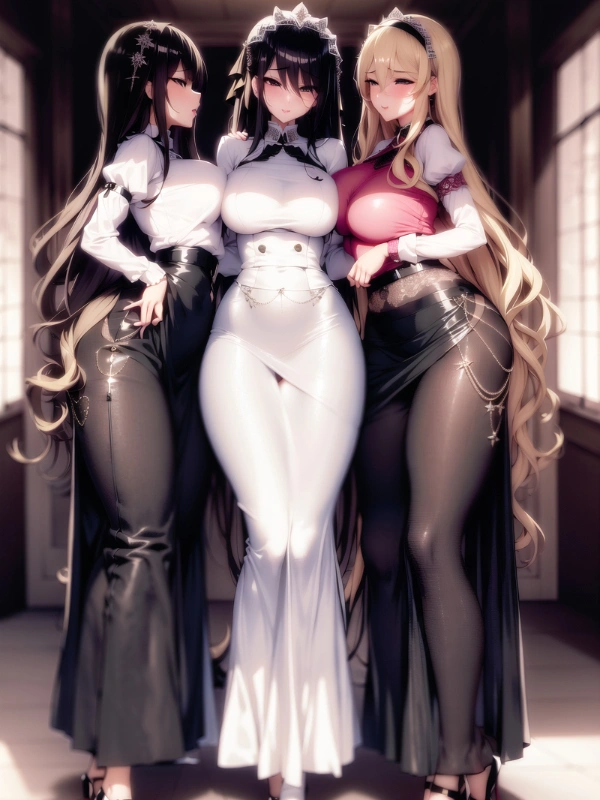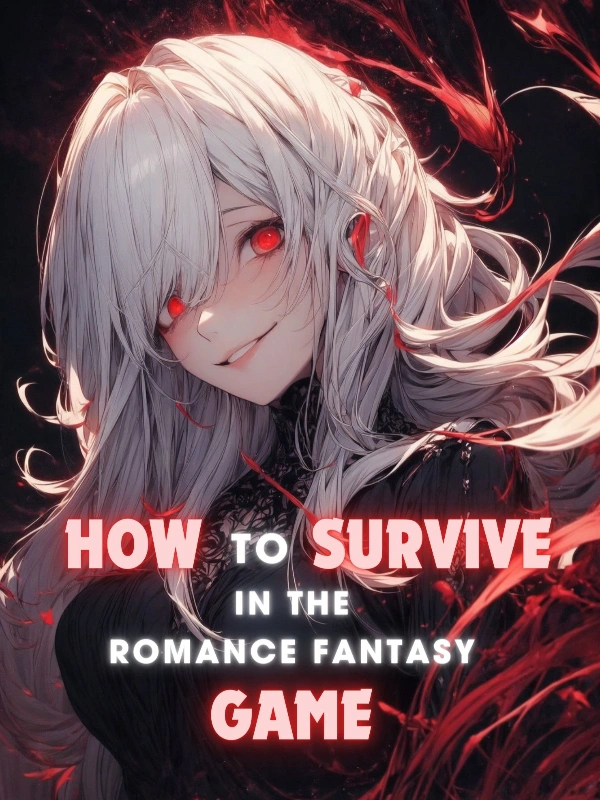Chapter 71: For What Do We Fight? (1)
Translated by Vine | Proofread by Lust
For the latest updates, visit: ProNovels.com
Join our Discord for release updates: https://discord.gg/Eh2ayfR4FB
< World War II – For What Do We Fight? (1) – End of Free Chapters >
Approximately two weeks after Nazi Germany’s surrender,
We were overwhelmed by the sheer volume of work, dealing with the aftermath of the Nazi regime’s chaotic administration.
Ludwig Beck and Wilhelm Ritter von Leeb, both veteran military leaders who had played crucial roles in the civil war, were promoted to Field Marshal, and other key military figures also received promotions.
I was awarded the Pour le Mérite and promoted to Lieutenant Colonel for my contributions during the civil war. Not that military ranks mattered much anymore…
–
December 18, 1939
Northern Germany, Berlin, Reichswehr Headquarters
Army Group South, under the command of Field Marshal Wilhelm Ritter von Leeb, was rapidly advancing through Italy, having recaptured South Tyrol and now pushing into Veneto in northern Italy.
Finland was inexplicably decimating the Soviet forces in every battle, and the United States and Britain, praising Finland’s valiant resistance, had pledged their support.
The Soviet Union and Stalin were becoming the laughingstock of the world. Marshal Voroshilov had been dismissed, and Timoshenko had been appointed as his replacement.
…So far, so good. But…
“…How many divisions?”
“At least forty, based on our estimates.”
I couldn’t hide my surprise at Brigadier General Oster’s report.
At least forty Polish divisions deployed along the German-Polish border? And that was a conservative estimate.
Our forces currently advancing through Italy numbered just under forty divisions. We had fourteen divisions stationed in Germany and five more being reorganized after the disbandment of the Nazi forces.
“Is… is that even possible?”
Even if they equipped their troops with outdated weapons, forty divisions meant they had mobilized almost their entire army.
Weren’t they concerned about their borders? While their relations with Romania and Hungary were relatively stable, they couldn’t leave their border with the Soviet Union undefended.
“At least that’s what our agents are reporting.”
Oster spread photographs across the desk. Large Polish formations, tanks, and forward-deployed aircraft near the border.
They were clearly preparing for a full-scale offensive.
We had requested the Abwehr to investigate, as Poland hadn’t accepted our non-aggression pact or demobilized its troops.
What was going on?
“It seems the Poles are planning to attack us.”
It was Manstein who spoke.
Were the Poles crazy enough to attack us now?
“Why didn’t they attack during the civil war?”
Manstein shrugged.
“I have no idea, State Secretary. Such matters are best left to those with your strategic foresight. Haha.”
This man, with his constant flattery…
I had a few theories.
Perhaps our civil war had ended too quickly, before they could complete their mobilization. Or perhaps they had been reassured by the Soviet Union’s struggles in Finland.
The former was quite likely. If we had fought a conventional war against the Nazis, the civil war could have dragged on for six months, or even years.
However, the latter seemed unlikely. Would they really leave their border with the Soviet Union undefended just because the Soviets were struggling in Finland?
“I don’t understand…”
“The question is, what are we going to do about it, State Secretary?”
Manstein was right.
With Field Marshal Wilhelm Ritter von Leeb, commander-in-chief of the army and commander of Army Group South, in Italy with most of our forces, we had no way to defend against a Polish offensive with forty divisions.
The Polish army wasn’t as weak as the Italians, and the German-Polish border was far too long. Even if we deployed all our available divisions, we couldn’t cover the entire border.
We needed troops to defend, regardless of the Polish army’s strength.
“How many divisions would we need to defend the entire Polish border and launch a counteroffensive?”
“Hmm, sixty divisions would be ideal.”
…We didn’t even have sixty divisions in total. Were we supposed to abandon the Italian front, which had advanced all the way to Veneto?
Seeing my dismayed expression, Manstein coughed and said, “We should consider a general mobilization.”
A general mobilization, right after the civil war, when we were trying to rebuild our economy?
While military leaders weren’t obligated to consider political ramifications, the thought was so depressing that I could only sigh.
“…I can’t make that decision, but I will relay your request to the cabinet.”
“According to our agents, the Poles are showing signs of an imminent invasion. We need to act quickly.”
This was insane. Should we have paid more attention to Poland during the civil war? But this was completely unexpected.
Were the Poles really reckless enough to leave their border with the Soviet Union undefended and attack us? An alliance with Italy wouldn’t deter the Soviets, so what were they thinking?
–
December 19, 1939
Northern Germany, Berlin, Reichstag Building
The question that had plagued me the previous day was answered the following day, in the worst possible way.
[Polish-Soviet Non-Aggression Pact Signed!]
[An Unbelievable Pact is Signed]
The newspaper featured a large photograph of Soviet Foreign Minister Molotov and Polish Prime Minister Składkowski shaking hands and smiling.
“…What is the meaning of this?”
My father, Chancellor Hjalmar Schacht, looked grim, as did the rest of the wartime cabinet.
This was undeniably a diplomatic blunder on my part, and the Foreign Ministry’s as well.
We had antagonized the Soviet Union by actively courting defectors and seeking international recognition for the New Government.
Stalin, undoubtedly still furious about our meddling in Finland, must have encouraged Poland to attack us, guaranteeing their safety from the east.
“I apologize. I didn’t anticipate that Poland would sign a pact with the Soviet Union.”
Thinking about it, if the Molotov-Ribbentrop Pact was possible, a Soviet-Polish non-aggression pact wasn’t that far-fetched. Both were temporary truces between bitter enemies based on mutual interests.
Poland had rejected an alliance with Britain, France, and the Soviet Union because they didn’t want Soviet troops on their territory. A simple non-aggression pact posed no such risk.
And Stalin, struggling in Finland, wouldn’t want to provoke Poland.
“I told you not to engage in such frivolous diplomacy…”
I had no response to Ludwig Beck’s frustrated remark.
Damn it, our support for Finland had backfired. Finland’s unexpected success had drawn too much attention from the Soviet Union.
“Ahem, the Foreign Ministry also shares the responsibility for this miscalculation. We are currently devising countermeasures…”
As Foreign Minister Weizsäcker began to speak, a knock echoed through the room, and State Secretary Erich Kordt entered.
“We have just received a report. Hungary has declared the Treaty of Trianon null and void.”
The Treaty of Trianon, imposed on Hungary after World War I, had ceded large parts of its territory to neighboring countries and severely restricted its military.
“They’ve… annulled it?”
Why now? What gave Hungary the confidence to do so? Had Regent Horthy lost his mind?
“Poland has approved it…”
That wasn’t surprising, considering the close relationship between Poland and Hungary. But the key players were the major powers.
“…And France and Italy have also approved it. They claim that it is unfair to hold Hungary to an unequal treaty when Germany and Austria, ‘major aggressors,’ have unilaterally renounced the Treaty of Versailles…”
Enjoying the translation? Stay updated with the latest chapters at ProNovels.com.
I chuckled bitterly. We couldn’t very well object, could we? It was true that we hadn’t reinstated the Treaty of Versailles, which Hitler had renounced.
Our diplomatic victory over France had backfired. While we had no other choice at the time, Paul Reynaud, who had succeeded Daladier, was a staunch anti-German politician.
And Britain wouldn’t intervene either. There was nothing they could do against landlocked Hungary.
I hadn’t expected much from Halifax, even if Churchill hadn’t been sidelined, but this was still a setback.
“Hungary has declared a general mobilization and announced its rearmament.”
This meant we were effectively surrounded.
“…It would be overly optimistic to assume that Hungary won’t join them.”
Hungary was a pro-fascist nation that had initially proposed the idea of the Axis powers, and we currently held Slovakia, which could be considered Hungarian territory.
We had removed Jozef Tiso, the Nazi puppet ruler of Slovakia, intending to use it as a bargaining chip for the liberation of Czechoslovakia…
Those damned French, even if they didn’t attack us directly, were clearly enjoying our predicament.
My father, Hjalmar Schacht, frowned and said irritably, “Declare a general mobilization.”
–
December 20, 1939
East Prussia – 3rd Army Garrison
General Georg von Küchler, commander of the 3rd Army stationed in East Prussia, had initially reaffirmed his loyalty to the Führer and urged his troops to obey the Nazi regime, but his words had become meaningless after the navy refused to transport his troops.
Having been effectively abandoned for three months while the government back home was overthrown, the 3rd Army had become somewhat lax in discipline and morale.
While the new government in Berlin had urged them to strengthen their defenses against Poland…
They had been stationed in East Prussia for months, touted as an elite unit poised to spearhead the invasion of Poland, which had never materialized.
In the early hours of the morning, the 3rd Army was asleep.
“Yawn, I’m sleepy.”
Lieutenant General Walther Petzel, commander of the 3rd Army’s I Corps, yawned and took a sip of water.
His corps included the Panzer Division Kempf, a key component of the 3rd Army’s strength, but what was the point of having a powerful unit if there was nothing to do?
Suddenly, a familiar sound reached his ears.
It didn’t take him long to realize it was artillery fire.
“What’s going on at this hour?”
He opened the door and heard the unmistakable whistling sound of incoming artillery shells, a sound he hadn’t heard since the Great War.
His senses sharpened, the instincts honed in the trenches returning. He shouted in alarm,
“Wake up! Wake up! We’re under attack!”
“What?!”
As the general’s shouts echoed through the garrison, artillery shells began to rain down.
The soldiers, caught completely off guard, suffered heavy casualties. The same was happening in Silesia.
The surprise attack at dawn was reminiscent of the beginning of the war between Germany and Poland in the original timeline.
Only the roles were reversed.
< World War II – For What Do We Fight? (1) – End of Free Chapters > End




















